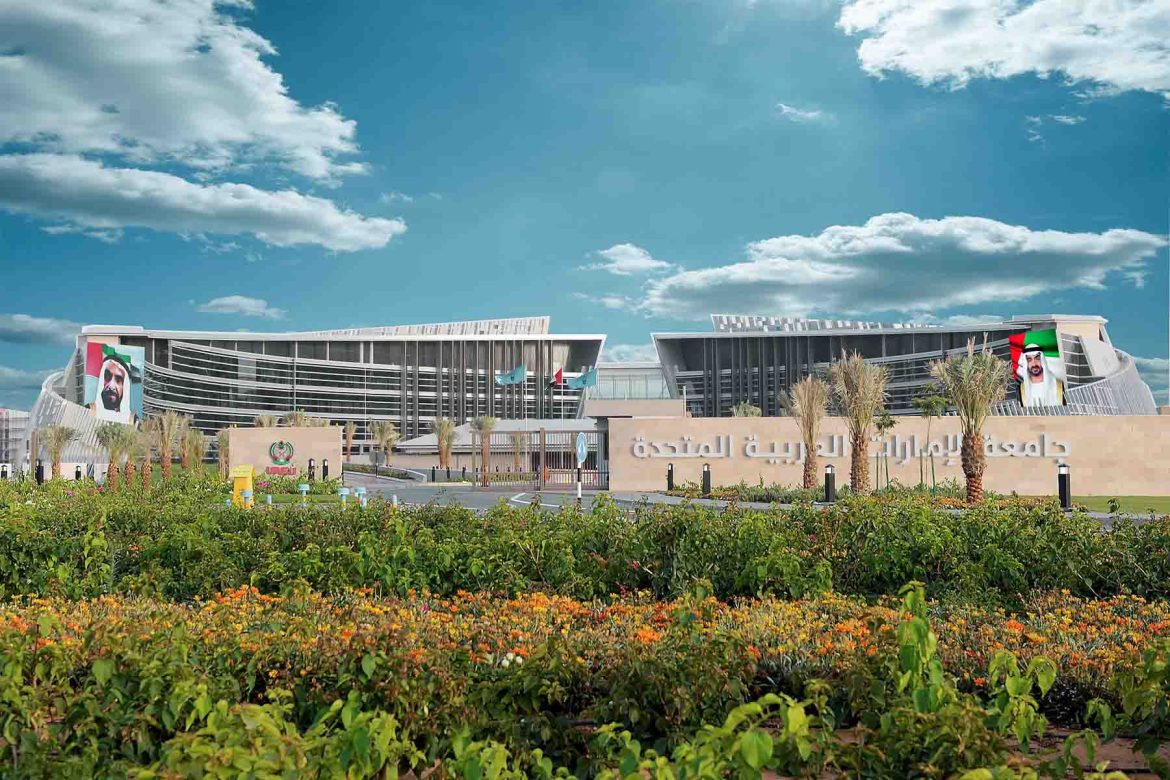Led by H.E. Sheikh Salem bin Khalid Al Qassimi
- UAE elected Vice President of the UNESCO’s 43rd General Conference
- Emirati Poet Ahmed Bin Sulayem and United Arab Emirates University included in UNESCO’s 2026-2027 Anniversaries Programme
- UAE’s candidacy for membership of the UNESCO Executive Board for the period 2027 to 2031 announced
Abu Dhabi, November 7, 2025: The United Arab Emirates has been elected Vice President of the 43rd session of the General Conference of the United Nations Educational, Scientific and Cultural Organization (UNESCO), held in Samarkand, Uzbekistan, from 30 October to 13 November 2025, with the participation of representatives from 194 member states.
H.E. Sheikh Salem bin Khalid Al Qassimi, Minister of Culture and Chair of the UAE National Commission for Education, Culture and Science, led the UAE delegation at the conference, which included H.E. Ali Alhaj Al Ali, Permanent Delegate of the UAE to UNESCO; Ebtesam Al Zaabi, Acting Secretary-General of the UAE National Commission for Education, Culture and Science; alongside representatives from key national entities across the culture, education, and environment sectors.
During the conference, UNESCO announced the inclusion of the late Emirati poet Ahmed Bin Sulayem and the United Arab Emirates University in its 2026-2027 Anniversary Programme, which honours individuals and institutions that have made a profound impact on culture, education, science, and peace worldwide.
Global recognition of the UAE’s leading role
H.E. Sheikh Salem Al Qassimi affirmed that the UAE remains dedicated to advancing UNESCO’s mission for tangible impact, where investing in knowledge, cultural understanding, and scientific progress is essential to building a brighter future. In this spirit, H.E. announced the UAE’s candidacy for membership of the UNESCO Executive Board for the period 2027 to 2031, during the General Policy Debate of the Conference.
At the conference, His Excellency said: “In the UAE, we are committed to building peace through education, science, and culture. These pillars of UNESCO’s mandate form the foundation of the multilateralism our world urgently needs. Beyond the 2030 Agenda, our collective actions must be agile, and forward-looking to meet new challenges and seize emerging opportunities.”
H.E. also emphasized the importance of international cooperation in protecting cultural heritage. He referenced the UAE’s partnership with UNESCO in the “Revive the Spirit of Mosul” initiative as a blueprint for future post-conflict cooperation efforts. Noting that the UAE welcomes collaboration with Member States and partners to advance post-crisis cultural restoration, wherever it is at risk.
The Conference showcased the nation’s growing contributions in the fields of culture, heritage, and education. The UAE was also elected as Vice President of UNESCO’s 43rd General Conference underscoring the nation’s role as a trusted partner in cultural diplomacy. In addition, the UAE currently serves as Chair of the Arab Group of UNESCO.
Ahmed Bin Sulayem and United Arab Emirates University honoured in UNESCO’s Anniversaries Programme
UNESCO approved the inclusion of the late Emirati poet Ahmed Bin Sulayem, one of the most prominent figures in classical and Nabati poetry and a distinguished literary scholar in the UAE, and the United Arab Emirates University as part of its 2026-2027 Anniversaries Programme. These commemorations mark the 50th anniversary of the passing of Ahmed Bin Sulayem and the 50th anniversary of the founding of the United Arab Emirates University (1976), the nation’s first higher education institution.
The inclusion of Ahmed Bin Sulayem highlights his influential literary legacy, which helped shape the cultural and poetic landscape of the region during the first half of the 20th century. His works authentically document the identity, values and lived experiences of Emirati society.
Meanwhile, UNESCO’s recognition of the United Arab Emirates University celebrates its pioneering role in advancing higher education in the UAE and the region. Since its establishment in 1976, the university has contributed to developing national talent across diverse disciplines, supporting the UAE’s knowledge economy and sustainable development agenda. The UAEU today represents a model of multicultural education and academic excellence, bringing together students and faculty from around the world in a spirit of cultural coexistence and openness.
These inclusions highlight the UAE’s growing presence on the global cultural stage and reaffirm its commitment to celebrating and preserving its intellectual and creative contributions, in alignment with UNESCO’s mission.
Notably, in 2025, UNESCO also celebrated the centenary of the birth of the renowned Emirati poet Sultan bin Ali Al Owais.

